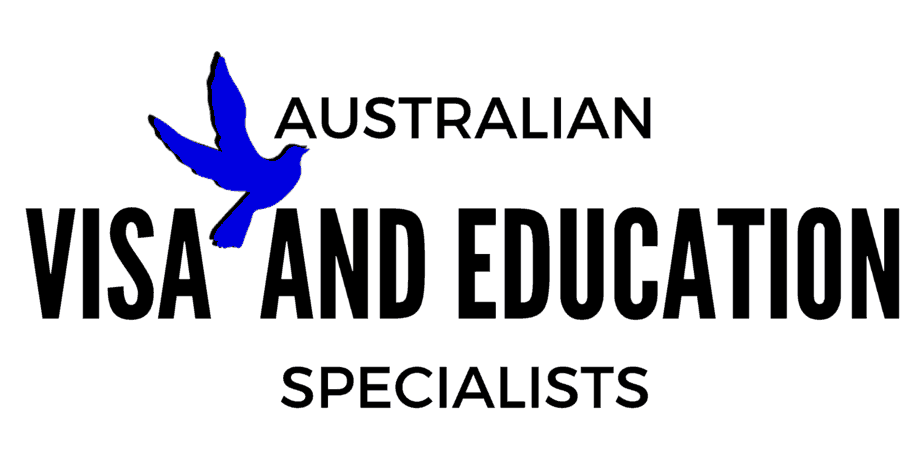
A skilled visa allows you to live and work in Australia.
General Skilled Migration visas has operated under the “SkillSelect” system since 1 July 2012. Apart from the Skilled Graduate (485), Skilled Recognised Graduate (476) and Skilled Regional (887) visas which were retained from the previous scheme, the number of new visa subclasses have been reduced to 3. Applications for these visas (except the 485, 476 and 887 visas, which are not subject to the points test) will be assessed in accordance with the points test in Schedule 6D.
Persons wishing to apply for any of the General Skilled Migration visas must nominate an occupation on the Skilled Occupations List (SOL), before they can apply.
Under SkillSelect, a potential applicant for a points tested GSM visa (this does not include the 485, 476 and 887 visas) will have to submit an Expression of Interest (EOI) through the Department’s online service. They will receive an invitation to apply only if they meet the eligibility criteria and they can only formally apply after they have received the invitation to apply.
Skills Assessment
For applicants in Skilled and Employer sponsored visa categories, the question of whether a person’s skills are recognised in Australia is most important, and can determine a person’s eligibility to apply.
In a visa application, an applicant needs to give a detailed description of tasks performed in his/her occupation, which is compared with that in ANZSCO. Hence it is important that precise nature of tasks performed are given. Many applicants had been assessed incorrectly and had their applications rejected due to a careless or inaccurate description of duties performed.
Under ANZSCO, the level of skill of an occupation will be commensurate with:
- Skill Level 1: a Bachelor degree or higher qualification. At least five years of relevant experience may substitute for the formal qualification. In some instances relevant experience and/or on-the-job training may be required in addition to the formal qualification.
- Skill Level 2: an AQF Advanced Diploma or Diploma qualification. At least three years of relevant experience may substitute for the formal qualification. In some instances relevant experience and/or on-the-job training may be required in addition to the formal qualification.
- Skill Level 3: an AQF Certificate 4 or an AQF Certificate 3 and at least two years on-the-job training. At least three years of relevant experience may substitute for the formal qualification.
In some instances relevant experience and/or on-the-job training may be required in addition to the formal qualification.
- Skill Level 4: an AQF Certificate 2 or 3. At least one year of relevant experience may substitute for the formal qualification. In some instances relevant experience and/or on-the-job training may be required in addition to the formal qualification.
- Skill Level 5: an AQF Certificate 1 or completion of compulsory secondary schooling. In some instances none of the above may be required.
Skilled Occupations List
Persons wishing to apply for any of the General Skilled Migration visas must nominate an occupation on the Skilled Occupations List (SOL), before they can apply. The Skilled Occupations List is specified by legislative instrument and consists of a range of skilled professions and trades. Click here for link.
The SOL consists of two schedules.
- Schedule 1 is the actual skilled occupations list (SOL), occupations on which are regarded as being ‘in demand’. Persons with recognised occupations in this Schedule can apply for a skilled visa, with or without a sponsorship or nomination.
- Schedule 2 is termed the Consolidated Skilled Occupations List (CSOL), and consists of occupations which are regarded as ‘not so much in demand’, but where applicants can still use occupations listed to make a skilled visa application, providing they are sponsored
o by a State/Territory government (subject to a further State/Territory skilled occupations list, put out by each individual State or Territory), or
o by an Australian employer in the 457 visa or ENS/RSMS categories.
Skills Assessing Authorities
Government appointed assessing authorities are each responsible for the assessment of certain skills in the context of their recognition in Australia.
AVES can assist you with getting your skills assessed by the relevant skills assessing authority. Let’s talk.
